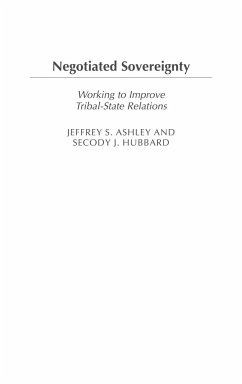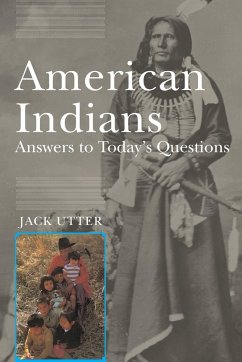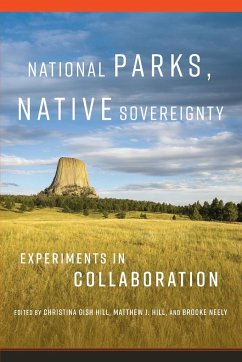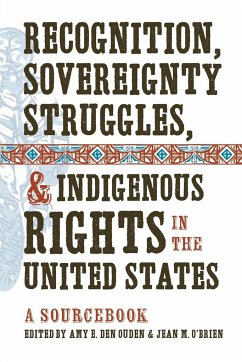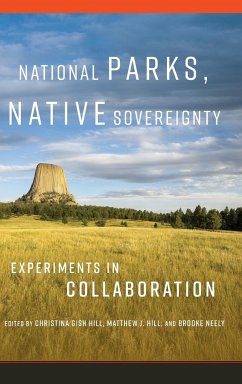Ashley and Hubbard examine ways that tribal/state relations can be improved in the United States. While the long history of tribal-state relations point to the need for better cooperation, they contend that the first and most vital step is a greater understanding of the role that tribal governments play in the federal system. All too often, they assert, tribes are overlooked as viable political entities with unique legal and political status. They begin by providing background information needed for an understanding of the position that tribal governments hold in the broader United States system. Often overlooked is that tribal governments are, by legal standards, equal to or greater than states. The federal/tribal/state order of primacy must be established in order to understand state/tribal intergovernmental relations. Ashley and Hubbard then provide case studies necessary to provide evidence of both positive and negative tribal/state relations. Following a brief background of the tribe in question-where they are located, any pertinent treaty information-they examine instances over time where this particular government has been in conflict or concert with the state in which they currently reside. This lays a foundation for understanding current relations. They then look at the level of cooperation-or lack thereof-between the tribe and the state across key areas of policy making and implementation-air pollution control, water management, and law enforcement. Through this they pinpoint common themes that facilitate or work against cooperative efforts. They conclude by proposing an alternative model for understanding tribal/state relations and offer an alternative approach for both sides when dealing with one another; one designed to improve cooperative handling of issues.

